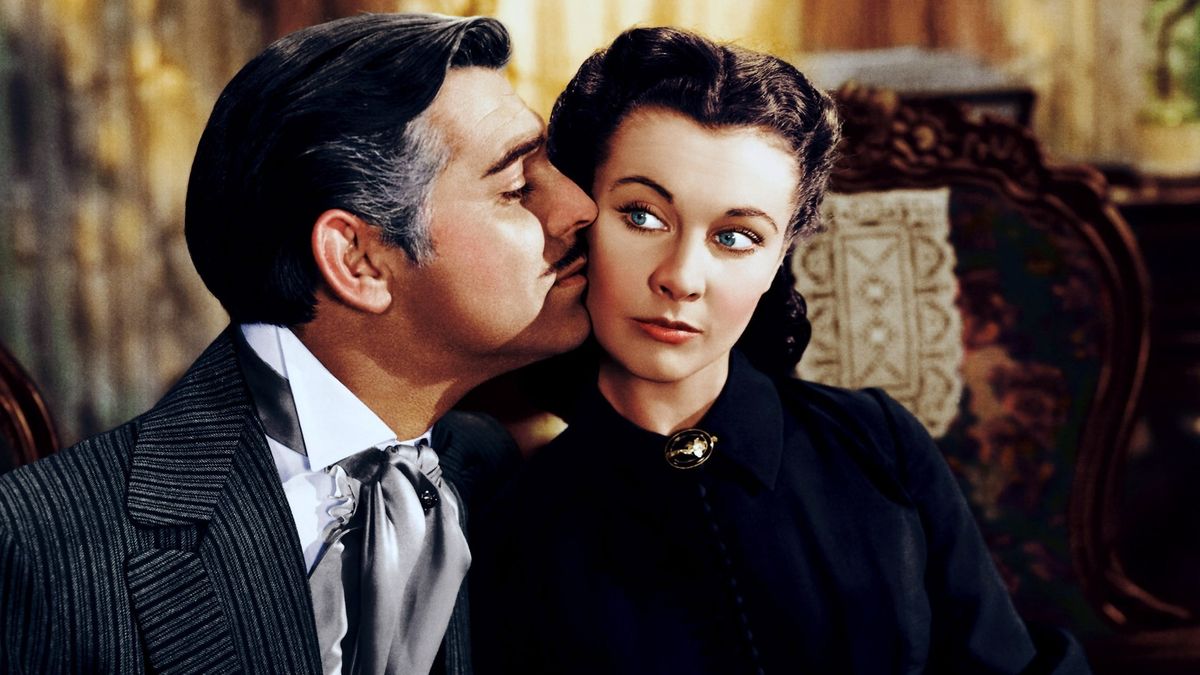Reading Pamela is a slog, but I do see why it gets mentioned as “the first romance novel” because there are plenty of romance tropes in Pamela’s story. We start with two characters who are separated by seemingly unsurmountable obstacles, but by the end they are married and seem to believe they will live happily ever after.
That’s the arc of a romance novel, isn’t it? Here’s Mister B—’s plot summary:
‘Tis true, my dear Pamela, said he, we have sufficiently tortured one another; and the only comfort that can result from it, will be, reflecting upon the matter coolly and with pleasure, when all these storms are overblown, (as I hope they now are,) and we sit together secured in each other’s good opinion, recounting the uncommon gradations by which we have ascended to the summit of that felicity, which I hope we shall shortly arrive at.
Romance tropes in Pamela
I have made a list of tropes I saw in the novel. Since I’m still at the start of my MFA project, I’ve probably missed some and misidentified others, but here’s my list:
1. She doesn’t consider him a romantic possibility, but he is strangely attractive.
Although she is flustered by Mister B— reading a letter to her parents, she is pleased when he tells her she can read any of his mother’s books. She writes to her parents, “Indeed he is the best of gentlemen, I think!”
2. She doesn’t even want to get married.
“There is not the man living that I desire to marry. If I can but keep myself honest, it is all my desire: And to be a comfort and assistance to my poor parents, if it should be my happy lot to be so, is the very top of my ambition.” Of course, from the 21st century, of course she should be home with her parents. She’s 15! But in 1740? Totally marriageable.
3. He’s a rake ready to be reformed.
Mister B— has friends who drink and hunt, and though he’s smart and rich and attractive, he’s a playboy. He expects to be able to bonk a maid and move on, and he’s done this sort of thing before. As Pamela says, “he professed honour all the time with his mouth, while his actions did not correspond.” Yet once they’re going to marry, he’s ready to clean up the family chapel—unused for two generations. He’s fallen under the power of Virtue! As his sister tells Pamela, “Thou hast done wonders in a little time; thou hast not only made a rake a husband but thou hast made a rake a preacher!”
4. No one’s ever told him ‘No’ before.
While not explicitly spelled out, I was left with the strong impression that Mister B—’s interest only grows stronger because Pamela resists.
5. She’s not worthy of him.
One of Pamela’s repeated themes is telling Mister B— that he demeans himself by paying attention to her. “How I shall support, how I shall deserve your goodness to me.” This is one of the things that got repeated eye rolls from me.
6. He’s not ready to marry…until he meets her.
Mister B—, we learn in the course of the novel, has been courted by several women/women’s families and his sister had a specific match picked out for him before he got obsessed with his mother’s maid. Before coming round to the idea of matrimony, he even makes her a written offer to be a kept woman: Money, jewelry and land for her, money for her parents and any other relations she wishes to provide for. Two servants of her choosing to attend her. And, if his current emotional trends continue, he’ll probably marry her after the first year. (I’m sure I’ve read that book a few times.) By the end, however, he tells us that he could never have been happy marrying a noble woman because two people spoiled by growing up in the lap of luxury would just fight all the time. Pamela, of course, is perfect because she is demure and accommodating. (Also, they need to be married so when he knocks her up the child will be a legitimate heir.)
7. She’s got a lot of snarky lines.
These are hard to quote because the dialogue is generally lengthy and convoluted, but Pamela’s main defense, aside from fainting in the early chapters, is her sharp tongue. I realized toward the end that one reason the midsection of the story was such a drag is that once they agree to marry, she is no longer trading barbs with Mister B—. Fortunately she gets some good ones in near the end while being castigated by Lady Davers. It is possible, however, that I started reading her lines as snarky because otherwise I would have had to throw up in my own mouth.
8. Danger is the catalyst to realizing love.
Halfway through the book, Pamela is finally going home to her parents, yet she turns around halfway to go back to him and learns that he fell sick as soon as she was gone. “He had a feverish complaint, and had been blooded; and, very prudently, ordered Abraham, when he awaked, not to tell him I was come, for fear of surprising him, and augmenting his fever.” This is proof, of course, of the strength and credibility of his attachment.
9. He is so rich. So incredibly rich.
After they marry she is required to get fine new clothes because his wife can’t be underdressed. And he has so much money he doesn’t even know what to do with it, so she’s really helping him out if she’ll just take these diamonds earrings…
Have you made it through Pamela? What tropes did I miss?
You can read my general review of Pamela here, and if you feel you’d like a copy of the story, allow me to share some affiliate links which will point you to copies at Amazon | Kobo | B&N | Thriftbooks | BooksAMillion.




My friend was named Pamela because her mom loved this book so much. Of course my friend is in her 70s so that means her mom truly read this book in a different time, different place than where we are today.
I’m not sure I want to slog through it, but I love audiobooks. I might listen if it’s available. I’m signing up to get notifications of your blod updates. I’m glad to discover you!
Hi Patricia, glad to have you here!
I’m sure your friend isn’t the only one named for the book! I think I read somewhere that Richardson made up the name, so every Pamela is named after the character, knowingly or not.
I do a lot of audiobooks through my library and the Overdrive app on my phone, although I am doing my RomMFA reading in text so I can highlight and make notes. I haven’t checked for Pamela on Overdrive, but I bet it’s up there or on librivox.org. If you make a go of it, I’d love to hear what you think!